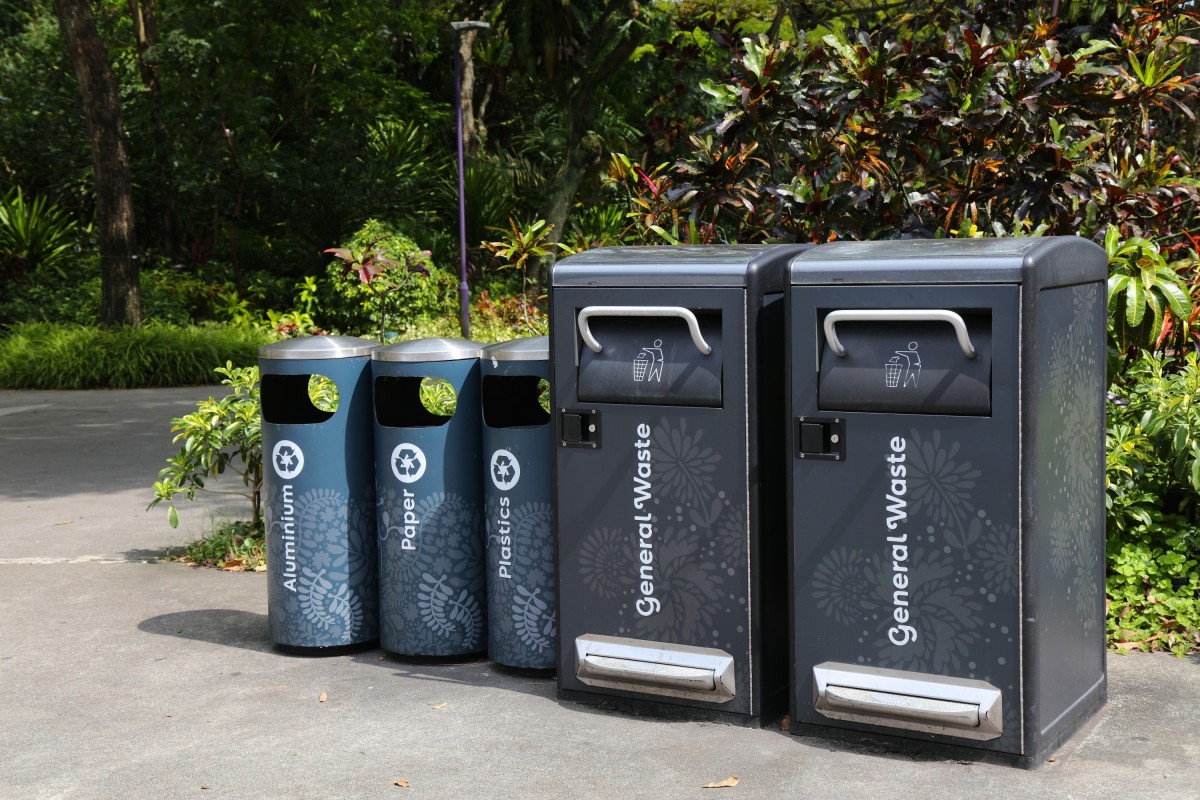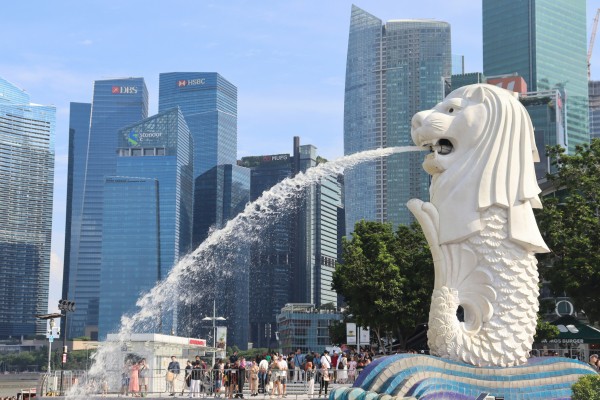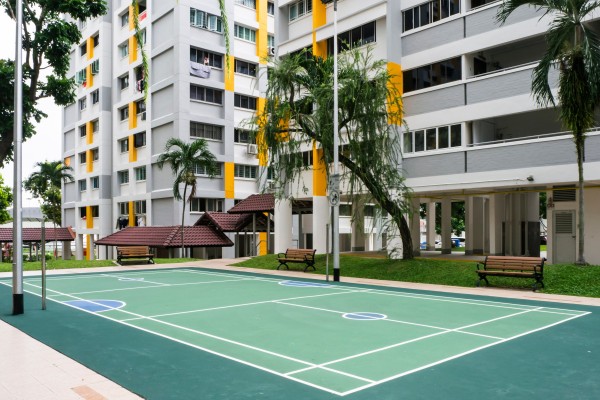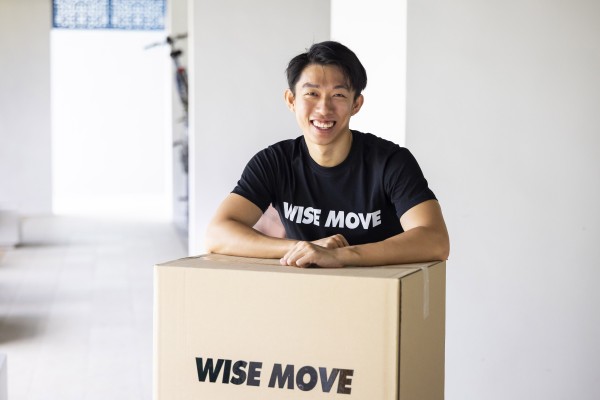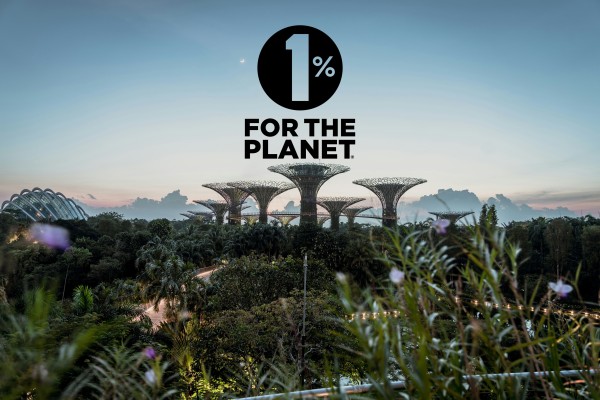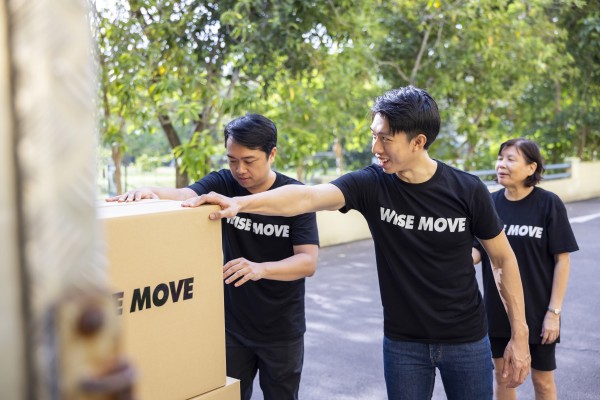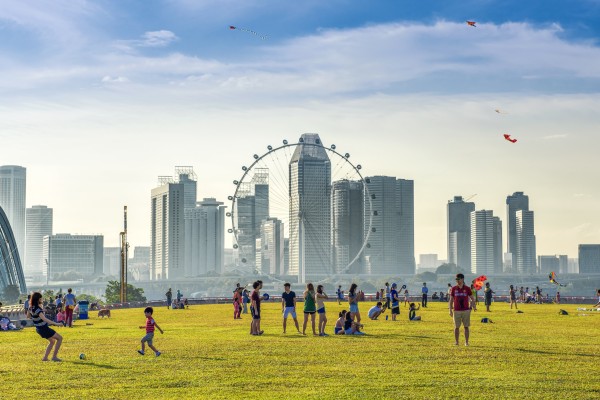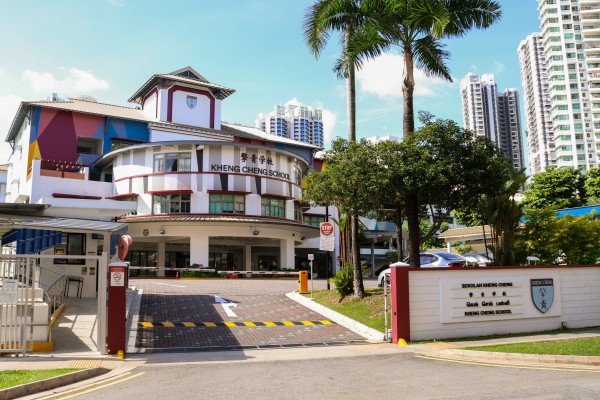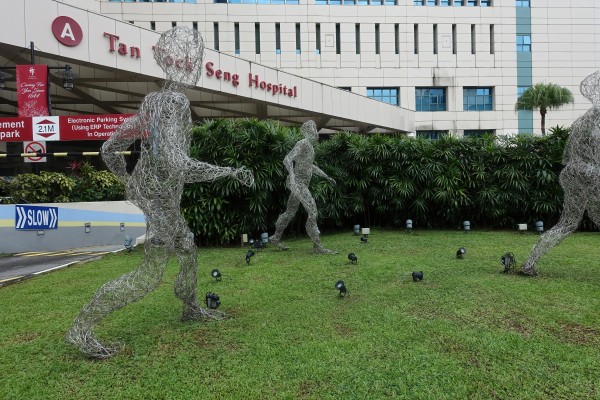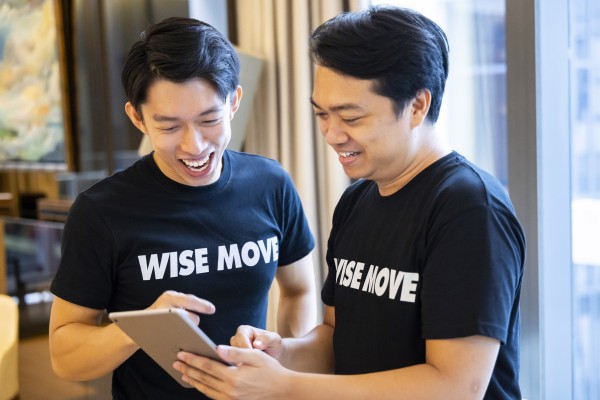Celebrating Cultural and Ethnic Festivals in Modern Singapore
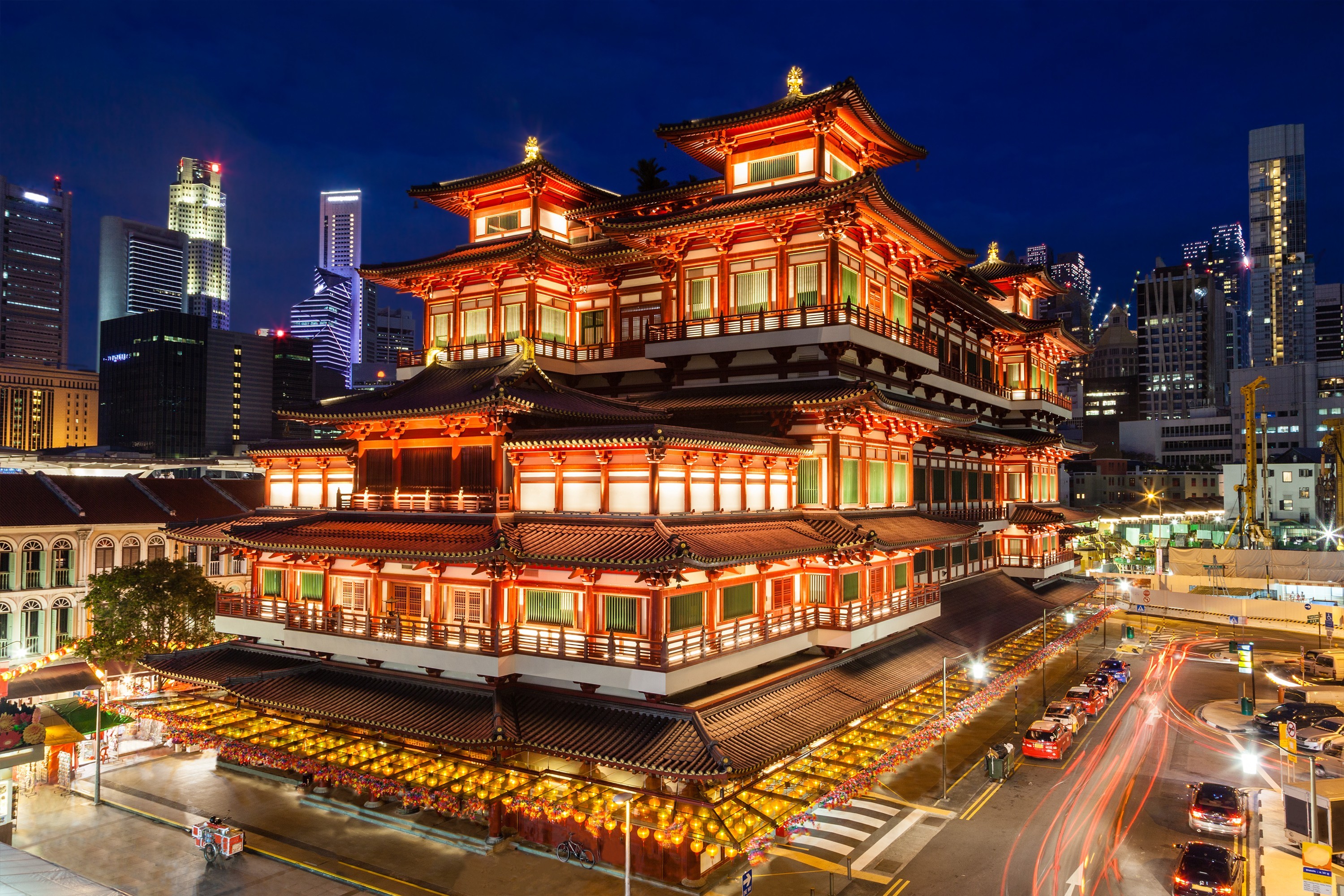
If there’s one thing you notice in Singapore when you’re new to our sunny island, it’s the vibrant multi-cultural and multi-racial society that seems to embrace everyone.
Our unique multiculturalism at the heart of a modern city has become a large part of Singapore’s identity, and a welcoming home for people from all over the world.
Take a walk around your new neighbourhood any time of the year and you’ll see the streets and malls dressed up to celebrate festivals from the different ethnic groups that call Singapore home.
And this is really a large part of Singapore’s charm–the freedom of religion and culture. The freedom to safely and openly celebrate cultural festivals that are important to the different ethnic groups is something that we do not take for granted here in Singapore.
If you want to steep yourself in the cultural festivities while you’re here in Singapore, this guide tells you all about the three main cultural festivals of the Chinese, Malays, and Indians in SIngapore and how you can be a part of them too!
Psst: The good news is that many of these cultural holidays are public holidays as well, so can definitely immerse yourself in the festivities!
Multiculturalism in Singapore
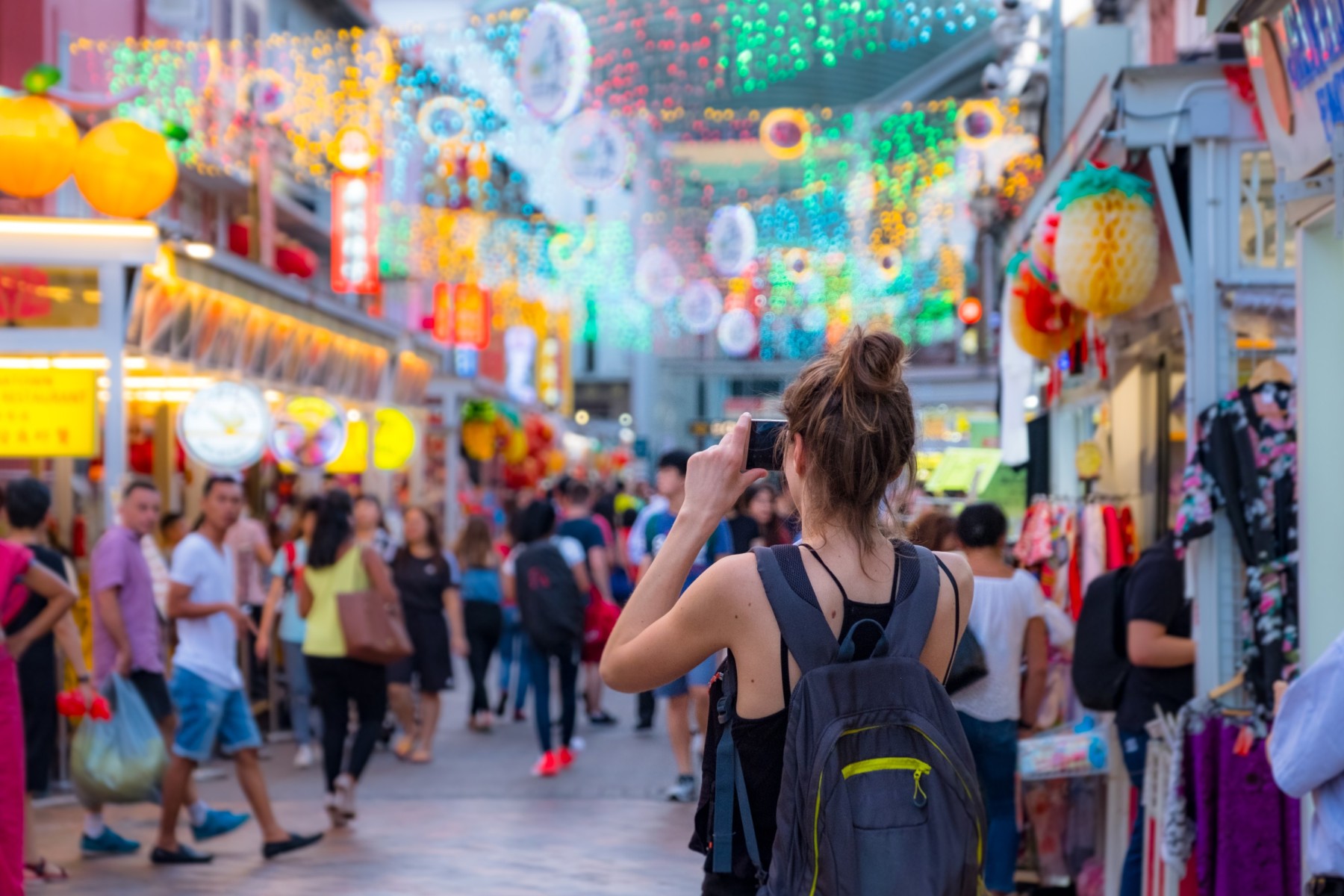
Singapore is famously a multicultural society, where diverse cultures coexist harmoniously in one society.
One need only take a look at a typical neighbourhood, which could have a Muslim mosque, a Christian church, and Hindu or Buddhist temple all within walking distance of each other.
Your neighbours in public HDB blocks would very likely be people from the four different races in Singapore, some of whom wear their cultural attire on an everyday basis like the Indian women who wear colourful saris, or the Muslim women who wear the tudung covering their heads.
Food from the different ethnic groups are also widely available in public hawker centres and coffee shops. Ask any local if they’ve had prata, nasi padang, or chicken rice before and they’ll almost definitely say yes.
Multiculturalism is extremely important to Singapore, and everyone takes great care to ensure that we remain open and welcoming of all races and cultures.
Usher in the Chinese New Year with the Chinese
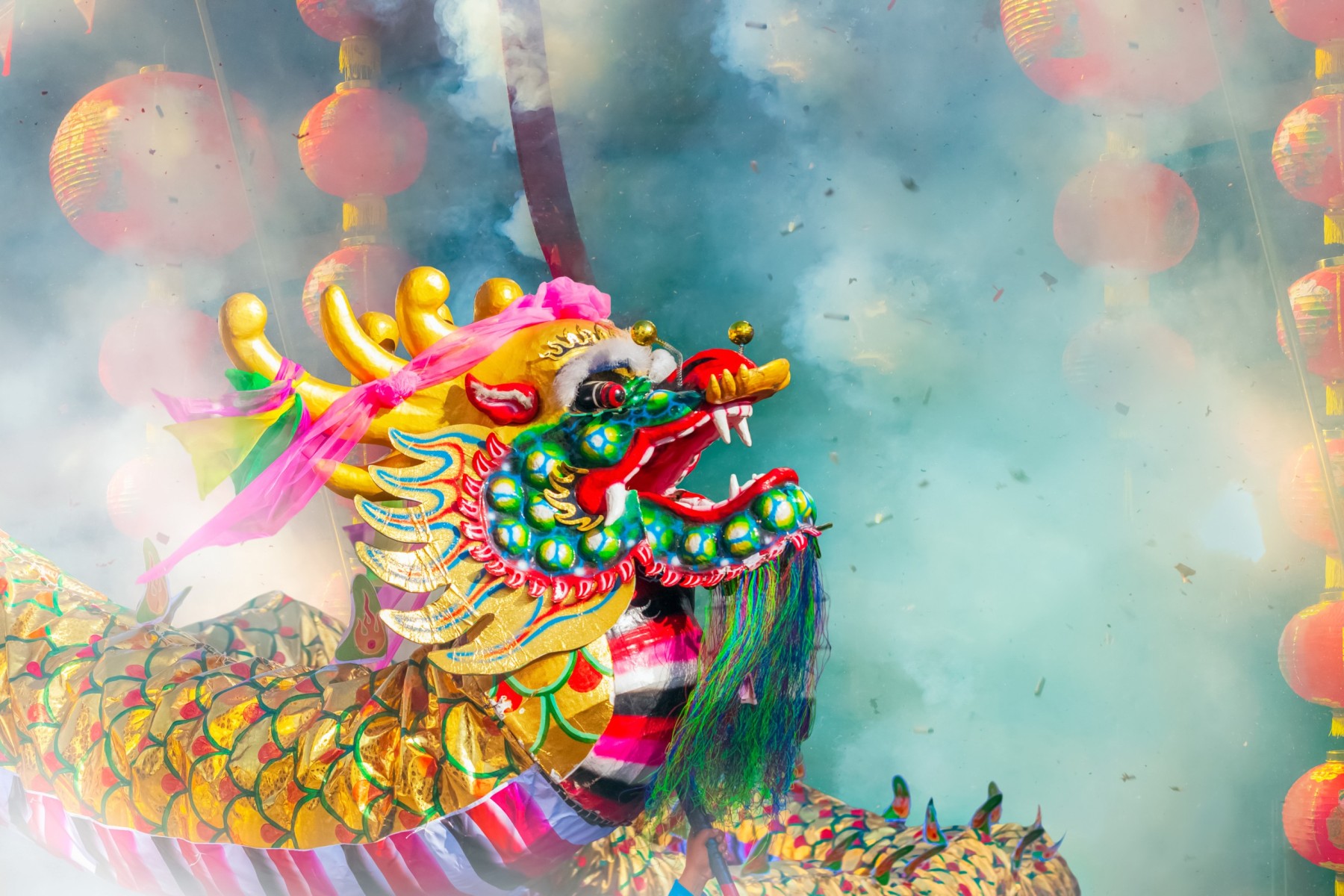
Arguably the biggest celebration among the Chinese is the 15-day long Chinese New Year, which marks the beginning of the new zodiac year according to the lunar calendar. It is a rich festival that is steeped in history and tradition, thus
In Singapore, Chinese New Year is an eagerly anticipated festival and many malls, public spaces, offices, neighbourhoods, and homes will be decked out in auspicious red and gold decorations of lanterns, ingots, pineapples, oranges, and fish.
How you can celebrate it too: Head on down to Chinatown in the month leading up to Chinese New Year to soak up the festivities and partake in the good luck and good cheer.
There’s also an annual Chinese New Year Festival, which kicks off the yearly celebrations in Chinatown with a light-up ceremony, a street festival with lots of traditional snacks and goodies, and entertaining shows.
The first two days of Chinese New Year are public holidays in Singapore, so you can definitely celebrate with gusto with any local friends or neighbours who invite you to their houses.
Put on some vivid red clothes, bring a pair of golden mandarins, practice some auspicious new year greetings, and get ready to try loads of yummy Chinese New Year snacks –it’s all about well-wishes, prosperity, and good fortune this season!
If you’re unmarried or have little kids, and your hosts presents you with a red packet, do graciously accept it with a smile, a “thank you” and a “Gong Xi Fa Cai”. Red packets contain money and are traditionally given by married couples to children and those who are unmarried, as a symbol of good luck.
Partake in grand rejoicing with the Malays
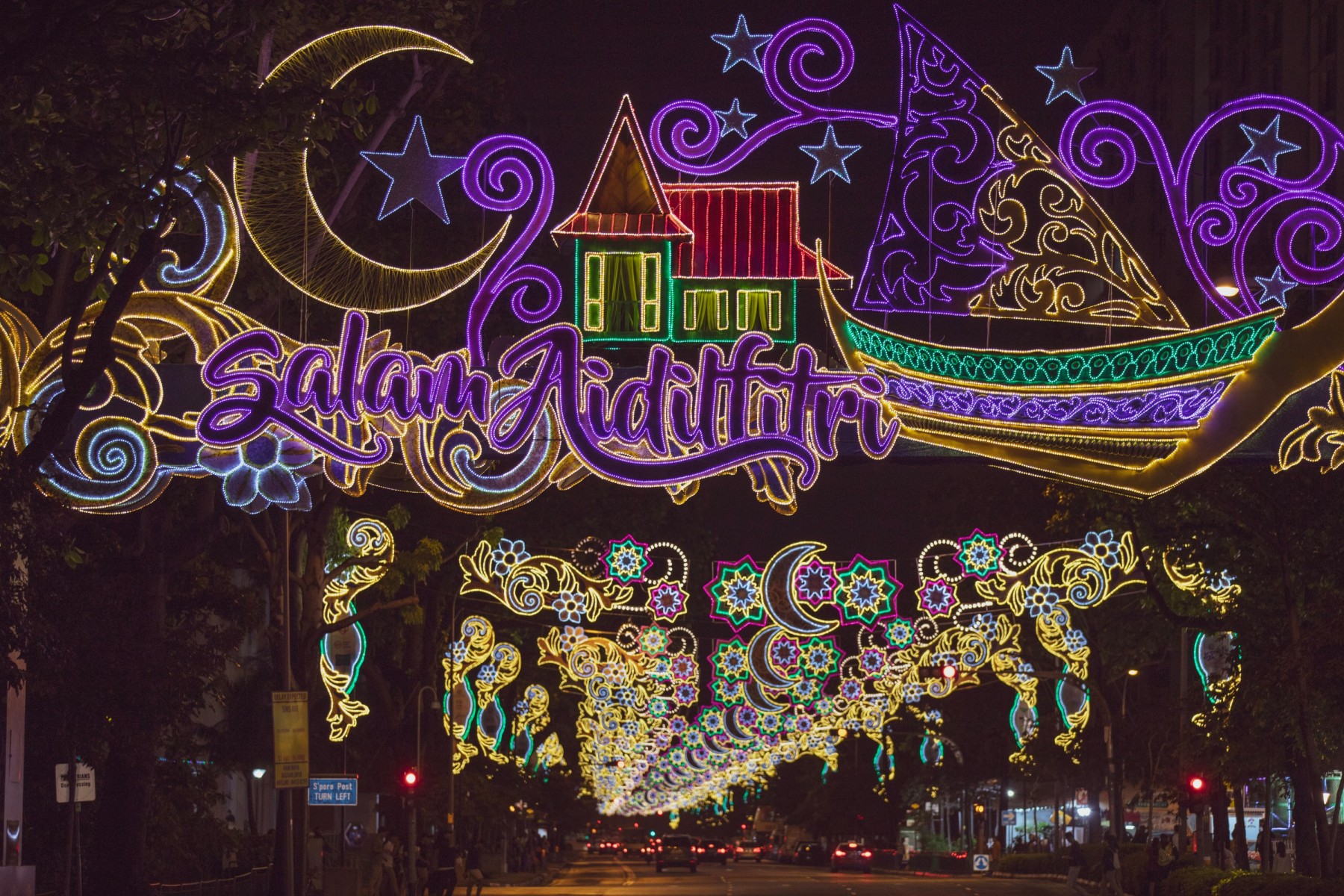
In the Islamic calendar of cultural celebrations, Hari Raya Puasa and Hari Raya Puasa are two of the most widely celebrated festivals in Singapore among the Malay.
Both festivals share similarities in the spirit of great joy and warmth they’re celebrated in–indeed, the bustling excitement is tangible and completely expected, since Hari Raya basically means “grand day of rejoicing”.
While Hari Raya Puasa is a day to mark the end of the holy month of Ramadan where Muslims fast from dawn to dusk; Hari Raya Haji commemorates the Prophet Ibrahim’s trust in God and the traditional end of the hajj, which is the annual pilgrimage to Mecca undertaken by Muslims all around the world.
Want to join in the celebrations with your Malay friends? Hari Raya Puasa is the festival that has great celebratory vibes.
Here’s how you can celebrate too: The best place to get right in the thick of the Hari Raya Puasa celebrations is in Geylang Serai, which is lit up every year in a brilliant display of colours and lights. Wander the streets and partake in the food, fun, and spirit of the festival at the bustling bazaar, which comes to life at dusk when everyone breaks fast during Ramadan.
During the month of Ramadan, do remember that your Muslim friends will be fasting from dawn to dusk. While they definitely do not expect you to abstain from eating in front of them, you can show your support, by not having work lunches or by being extra understanding of their needs throughout the day.
If your Muslim friends invite you to iftar which is the big communal meal when they break fast at dusk, it’s a great privilege and you should most definitely do so. They would be more than happy to share the significance of Ramadan and Hari Raya Puasa with you while you dine with them, so ask away (respectfully, of course!) and tuck into delicious halal food with your friends at dinner.
And if your Muslim friends invite you over to their house for the Hari Raya festivities, do show up in your best attire and expect to eat and be very merry!
Celebrate the festival of lights with the Indians
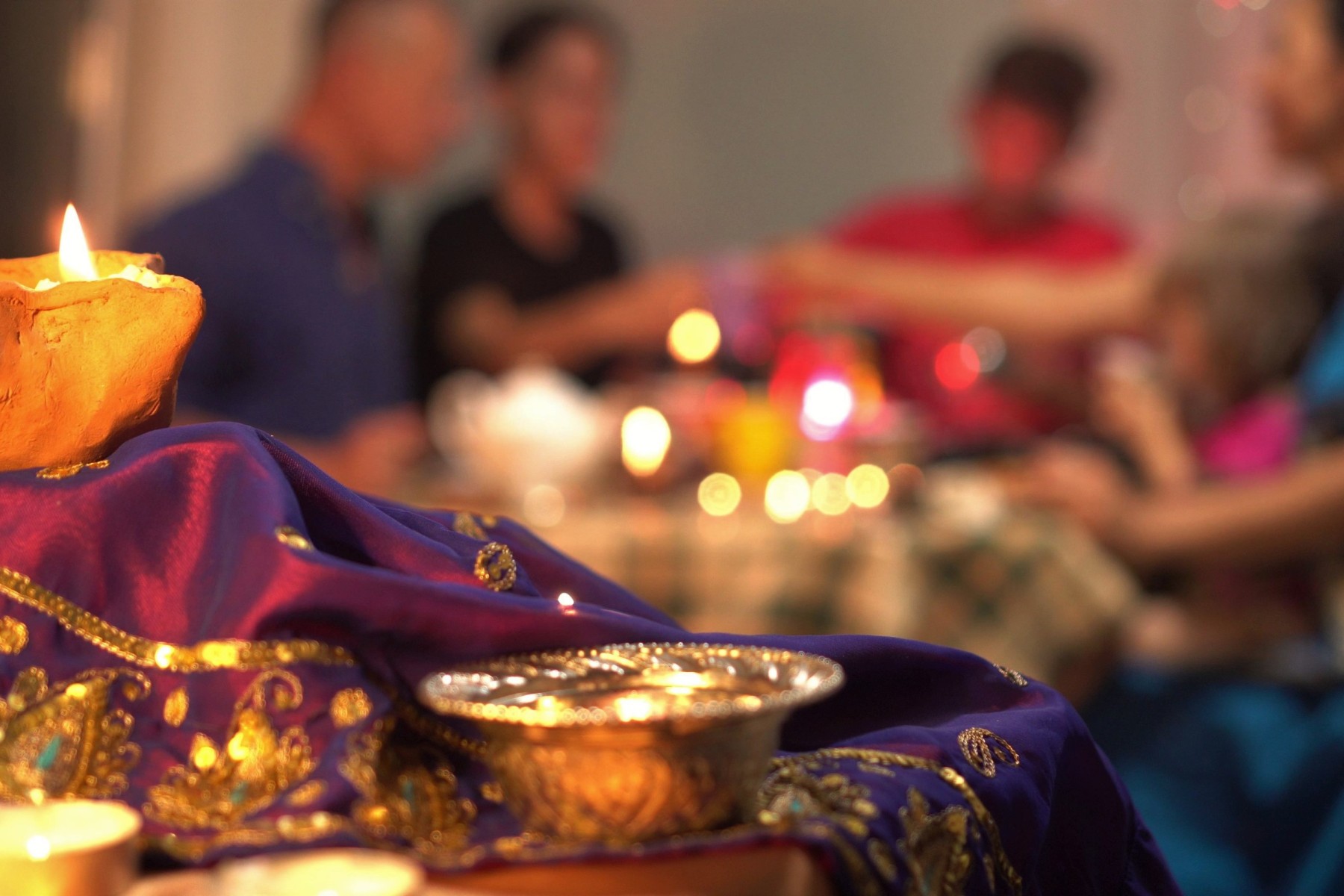
Many Singaporean Indians celebrate Deepavali –the Hindu festival of light. This is particularly interesting because the celebration of Deepavali has become somewhat cultural rather than purely religious, with the Sikhs, Jains, and Christian Indians celebrating the day as well.
The North and South Indians celebrate Deepavali a little differently, with the North Indians celebrating Deepavali as the start of the new lunar year, while the South Indians celebrate the triumph of good over evil on the day.
Nonetheless, it’s a big day for those who celebrate the festival, and preparations begin way in advance to clean the home and decorate the house with lights and coloured rice powder patterns known as kolam or rangoli.
Here’s how you can celebrate too: Catching the annual Deepavali light up at Little India is a must. On some years, this is accompanied by a buzzing and multi-sensory festival village complete with live concerts, exhibitions, games, clothing, and food stalls.
Head over to the oldest Hindu temple in Singapore to partake in some of the religious rituals of the festival. Walk with the devotees of the Silver Chariot procession, who pull a silver chariot housing an effigy of the goddess Sri Drowpathai Amman, from the Sri Mariamman Temple in Chinatown, to Little India. This happens twice in the lead-up to Deepavali, so you’ll have two chances to be a part of this spectacle.
If you visit the temple one week before Deepavali, you can witness yet another significant ritual–Theemithi–where devotees walk on burning coals as a tribute to the goddess.
And as with the other ethnic festivals, if you should be so fortunate to receive an invite to a local friend’s house to celebrate the day, it’s definitely one of the best ways to be a part of the celebrations.
Put on your best garb, be open to trying dishes or food you are offered, and take care not to step on the kolam or lights at the doorway to your host’s home. Enjoy!
Settling nicely into Singapore after your move here? That’s awesome, and we’re so glad for that.
Check out our other informative guides to living your best life in Singapore, including this guide on our public holidays, this guide on our national symbols, and this guide familiarising yourself with Singlish!
Recently completed


What’s happening?
Please notify us of any violations. This information will be kept confidential and shared only with Wise Move.
- It’s inaccurate or incorrect
- If you find it offensive
- It’s something else
